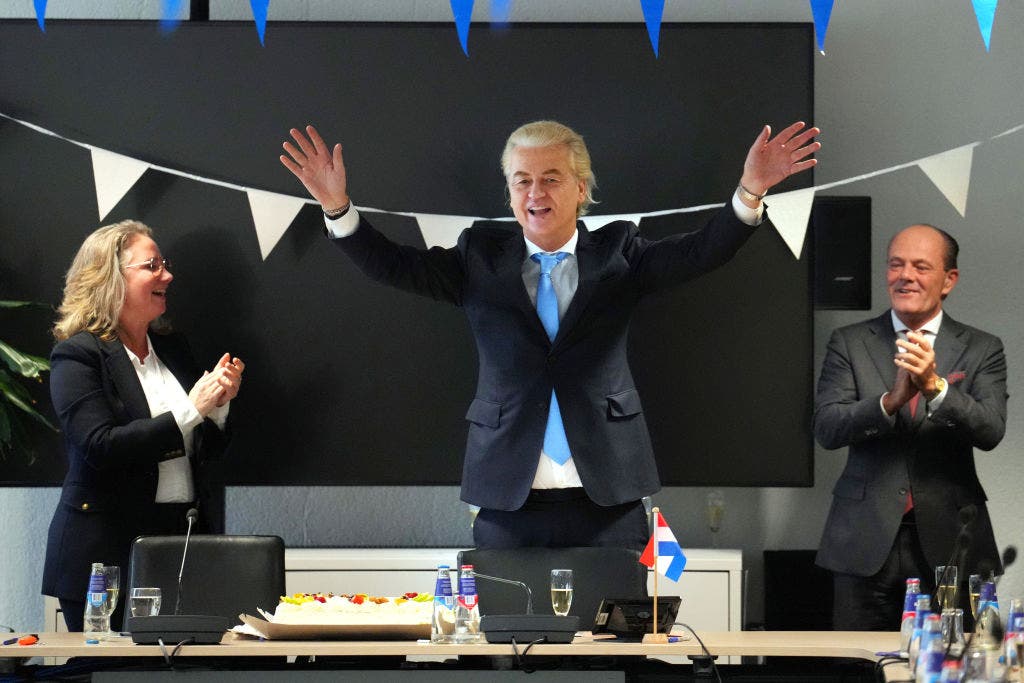Geert Wilders, a populist Dutch political leader from the anti-Muslim immigration Freedom Party, recently formed a right-wing coalition government in the Netherlands. This move has caused shock waves across Europe’s political establishment, with experts predicting a shift towards the right in upcoming EU elections. The rise of right-wing parties across Europe, fueled by the youth’s disillusionment with left-wing policies, has been attributed to concerns over immigration, Islamification, and the green agenda.
Wilders’ coalition government, named “Hope, courage and pride,” includes measures like deporting individuals without valid residence permits and reducing the number of international students studying in the Netherlands. While Wilders will not serve as prime minister, he has emphasized his party’s central role in the government and the implementation of a strong asylum policy. The formation of this government signals a departure from traditional mainstream politics in the Netherlands, with a greater emphasis on accommodating voters’ concerns.
The alliance formed by Wilders’ party with other factions in the coalition is seen as a significant development within Europe’s political landscape. While some observers question the impact of these policies on immigration and radical Islam, others view the shift towards populism as a reflection of the political class acknowledging and accommodating the voice of voters. Wilders himself has moderated some of his extreme positions, such as a ban on the Koran and mosques, signaling a more pragmatic approach to governance.
Wilders, often compared to Donald Trump, has emerged as a key player in Dutch politics, with his party gaining significant support in the country’s recent election. The coalition government is also considering relocating the Dutch embassy from Tel Aviv to Jerusalem, aligning with former President Trump’s decision to move the American embassy. Additionally, plans are in place to introduce mandatory Holocaust education in schools following outbreaks of antisemitism in support of Hamas.
The formation of a right-wing Dutch government has raised concerns among left-wing European parties, with the Party of European Socialists condemning the development. Former Dutch politician Frans Timmermans, known for his environmental advocacy within the EU, expressed worry over the dominance of a radical right-wing party in the Netherlands. Despite these criticisms, Wilders’ coalition government marks a significant departure from mainstream politics in the country, reflecting a broader shift towards populism in Europe.
Overall, Wilders’ rise to power in the Netherlands and the formation of a right-wing coalition government have significant implications for European politics. The growing support for populist and anti-establishment parties across the continent signals a shift away from traditional politics towards policies that prioritize national pride, immigration control, and a conservative agenda. While the long-term impact of these developments remains to be seen, the rise of right-wing parties has clearly reshaped the political landscape in Europe.













